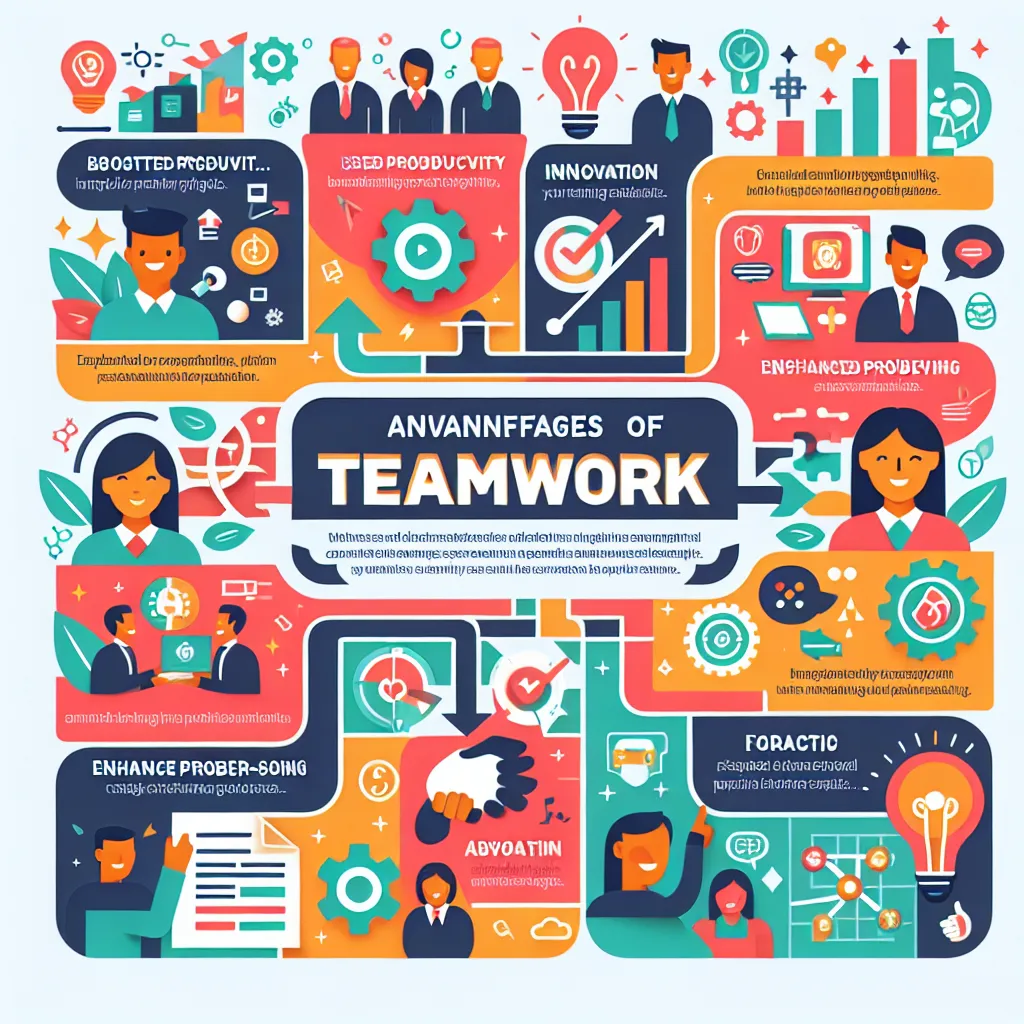The Strengths And Weaknesses Interview Question is a classic that almost every job seeker will encounter at some point in their career. It’s a deceptively simple question that can make or break your interview if not handled correctly. In this comprehensive guide, we’ll explore how to tackle this common yet challenging question with confidence and professionalism.
Understanding the Purpose of the Strengths and Weaknesses Question
Before we dive into strategies for answering, it’s crucial to understand why interviewers ask about your strengths and weaknesses. This question serves multiple purposes:
- To assess your self-awareness
- To evaluate your honesty and integrity
- To gauge your ability to improve and grow
- To determine how well you might fit the role and company culture
The Interviewer’s Perspective
Interviewers use this question to gain insight into your character and professional development. They’re looking for candidates who:
- Can articulate their abilities clearly
- Are honest about their limitations
- Show a commitment to personal and professional growth
- Have strengths that align with the job requirements
- Are aware of their weaknesses and have strategies to manage them
 Interviewer analyzing candidate responses
Interviewer analyzing candidate responses
Strategies for Discussing Your Strengths
When it comes to talking about your strengths, the key is to be confident without appearing arrogant. Here’s how to approach this part of the question:
1. Align Your Strengths with the Job Requirements
Research the position and company beforehand. Choose strengths that are relevant to the role you’re applying for. For example, if you’re interviewing for a project management position, you might highlight your organizational skills and ability to meet deadlines.
2. Provide Concrete Examples
Don’t just list your strengths; back them up with specific instances where you’ve demonstrated these qualities. This adds credibility to your claims and makes your answer more memorable.
Example: “One of my key strengths is my ability to lead teams effectively. In my previous role, I led a cross-functional team of 10 members to complete a critical project ahead of schedule and under budget. This resulted in a 15% increase in client satisfaction scores.”
3. Quantify Your Achievements
Whenever possible, use numbers and metrics to illustrate the impact of your strengths. This gives the interviewer a tangible sense of your capabilities.
4. Be Genuine
Choose strengths that you genuinely possess. Authenticity is key in interviews, and experienced interviewers can often detect when candidates are being insincere.
Addressing Your Weaknesses Effectively
Discussing weaknesses can be tricky, but with the right approach, you can turn this part of the question into an opportunity to showcase your self-awareness and growth mindset.
1. Choose a Real Weakness, But Not a Critical One
Select a weakness that is authentic but not central to the job you’re applying for. For instance, if you’re applying for a writing position, mentioning that public speaking makes you nervous would be acceptable.
2. Focus on Improvement
After mentioning your weakness, immediately pivot to discussing the steps you’re taking to improve. This demonstrates your proactivity and commitment to personal development.
Example: “I sometimes struggle with public speaking, which can be challenging in large meetings. To address this, I’ve joined a local Toastmasters club and have been practicing presenting to groups regularly. I’ve already seen improvement in my confidence and delivery skills.”
3. Avoid Clichés
Steer clear of overused responses like “I’m a perfectionist” or “I work too hard.” These can come across as disingenuous and may indicate a lack of real self-reflection.
4. Be Concise
Don’t dwell on your weaknesses. Briefly state the weakness, explain how it affects your work, and then focus on your improvement strategy.
 Candidate confidently discussing weaknesses
Candidate confidently discussing weaknesses
Sample Answers to the Strengths and Weaknesses Question
To help you craft your own response, here are some example answers that effectively address both strengths and weaknesses:
Strength Example:
“One of my greatest strengths is my ability to adapt quickly to new technologies and processes. In my previous role as a software developer, I was often the go-to person for learning and implementing new programming languages. For instance, when our team needed to switch to a new framework for a major project, I took the initiative to learn it thoroughly and then created a training program for my colleagues. This resulted in a smooth transition and allowed us to complete the project two weeks ahead of schedule.”
Weakness Example:
“A weakness I’ve been working on is my tendency to take on too many tasks at once, which can sometimes lead to feeling overwhelmed. I’ve recognized this and have been actively improving my time management skills. I now use a detailed planning system where I prioritize tasks based on urgency and importance. I also schedule regular check-ins with my team to ensure we’re all aligned on project timelines. Since implementing these strategies, I’ve seen a 30% increase in my productivity and a significant reduction in stress levels.”
Common Mistakes to Avoid
When answering the strengths and weaknesses question, be careful to avoid these common pitfalls:
- Being too humble or self-deprecating
- Choosing strengths or weaknesses that are irrelevant to the job
- Providing a list of strengths or weaknesses without context or examples
- Claiming to have no weaknesses
- Turning strengths into weaknesses without a solid explanation
Follow-up Questions and How to Handle Them
Interviewers may ask follow-up questions to delve deeper into your responses. Here are some potential follow-ups and tips on how to address them:
-
“Can you give me another example of how you’ve used that strength in your work?”
- Be prepared with multiple examples of each strength you mention.
-
“How has your weakness affected your work in the past?”
- Be honest about past challenges, but focus on what you learned and how you’ve improved.
-
“What would your previous manager say about this strength/weakness?”
- This is an opportunity to demonstrate your self-awareness and ability to receive feedback.
-
“How do you plan to further develop your strengths?”
- Show your commitment to continuous improvement and professional growth.
-
“In what ways has overcoming your weakness made you a better professional?”
- Highlight the positive outcomes and lessons learned from addressing your weaknesses.
By preparing for these follow-up questions, you’ll be able to provide more in-depth and thoughtful responses, reinforcing your suitability for the role.
Conclusion
Mastering the strengths and weaknesses interview question is crucial for interview success. By following these strategies, you can craft honest, insightful responses that showcase your self-awareness and commitment to professional growth. Remember to tailor your answers to the specific job and company, provide concrete examples, and focus on your journey of continuous improvement.
For more tips on acing your next interview, check out our articles on how to speak confidently in English interviews and how to discuss your approach to problem-solving. With practice and preparation, you’ll be well-equipped to handle this common interview question with poise and professionalism.




